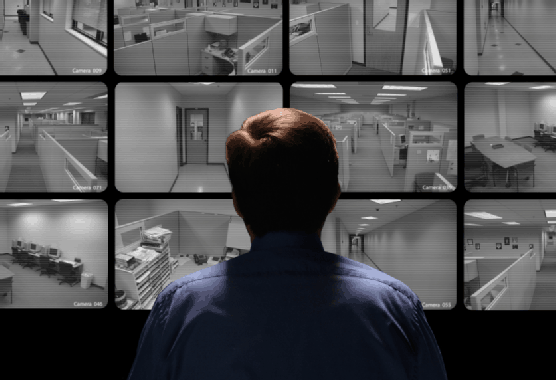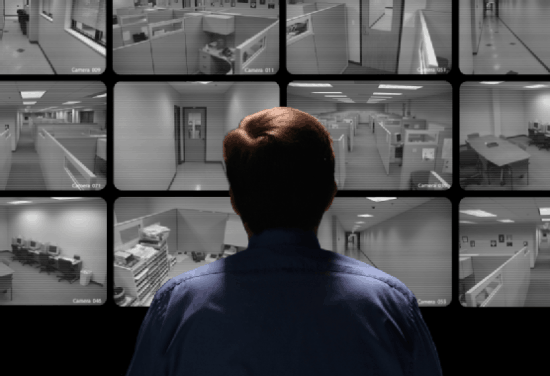A few years ago I worked in an office where a video camera was installed during my time of employment. The camera was positioned in our office, in the crevice between the wall and the ceiling, peering directly down on me and my coworkers to observe our every move.
Perhaps it wasn’t to observe our every move. Our manager muttered something about observing clients who might come through to our office, but it sure felt like we were under watch. Naturally, it caused a lot of disgruntlement and seemed unnecessary – this was not a public area and there had been no concerns over theft or criminal activity.
So I decided to research – is this legal? Ethical? Is there a justified reason the employees in this office soon became disengaged and skeptical of the business?
The Rules around Surveillance
A great place to start is with PIPEDA, Personal Information Protection and Electronic Documents Act, which sets national standards for privacy practices in the Private Sector. According to PIPEDA, the key questions to ask are whether privacy is actually being infringed upon AND whether that expectation for privacy is justified. For example, in a public setting such as a reception area or in a retail store, there is little expectation of privacy, employees are under the watching eyes of the public, and can expect to be under a video camera. However, in a staff room, washroom and locker area, employees can expect to have privacy, so installing cameras here would be deemed inappropriate.
But what about in a workplace office, away from the public? Can we expect privacy at our desk?
Further information according to PIPEDA:
- Employers can only gather information for ‘legitimate purposes’
- Employees must provide ‘informed consent’, meaning employees are told the purpose for which the employer is recording and the use of the footage
- Sound should not be recorded unless there is a specific need to do so
- Employees have a right of access to the footage
- There must be clear signs, in both of Canada’s official languages, demonstrating that the area is being monitored (removing any expectation for the area to be private)
The Risks – Not Just Legal
My previous employer may have had a reason to install a camera, but they certainly risked making employees feel uncomfortable and micro-managed, and increased their legislative risk by failing to obtain informed consent from employees and post clear signs signalling the new installation.
From an ‘employee engagement’ perspective, there is a lot more to it than abiding by PIPEDA. Installing a camera without employee knowledge, consent or good reason can create what we would call ‘a poisoned environment’ and can, in some circumstances, result in a court case around constructive dismissal. Think carefully about these consequences prior to implementing video surveillance in the workplace – keeping employees informed, updated and onboard with changes goes a long way to mitigate risk.


